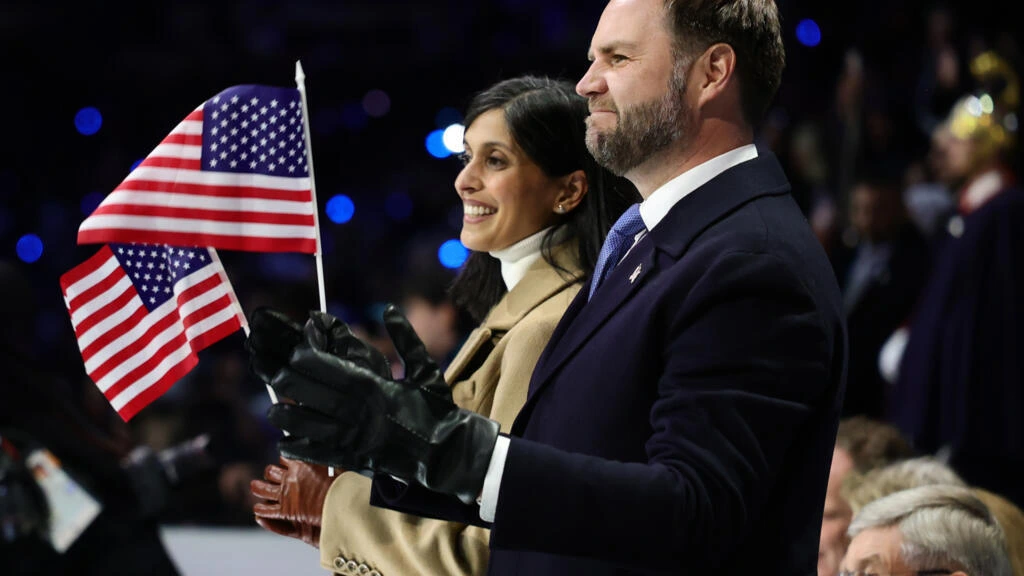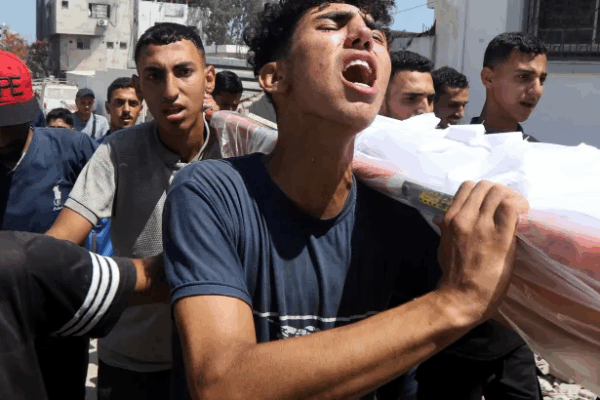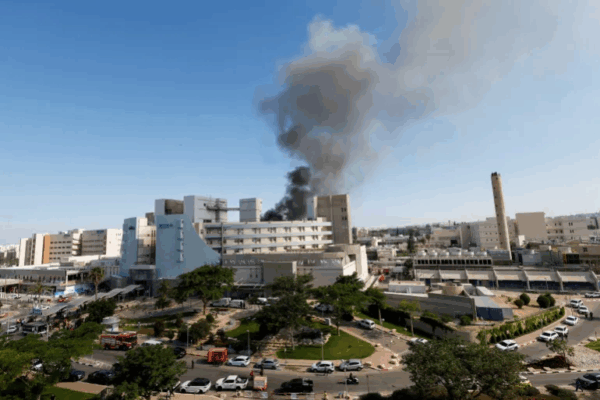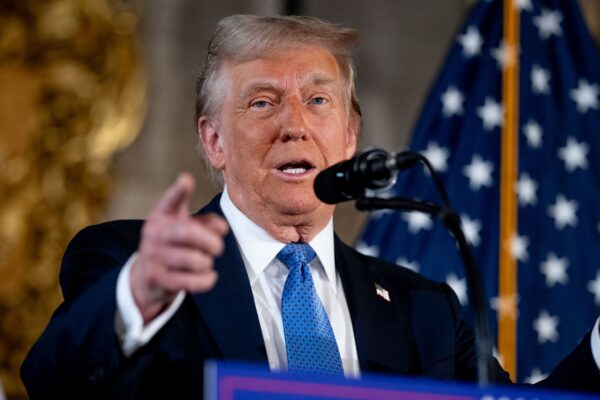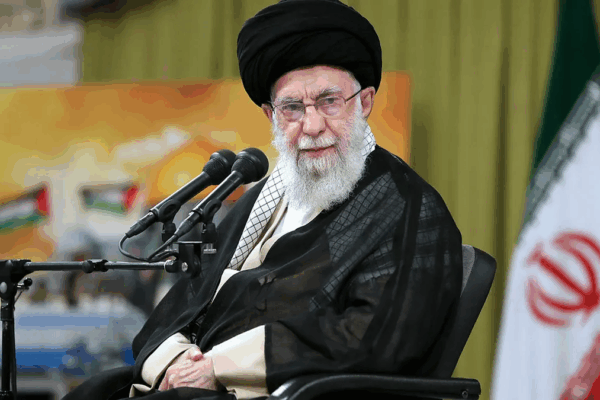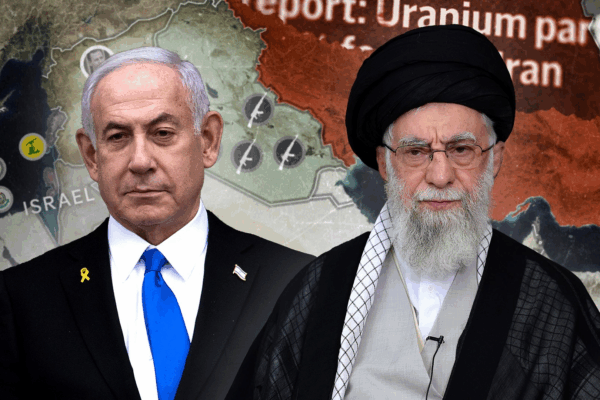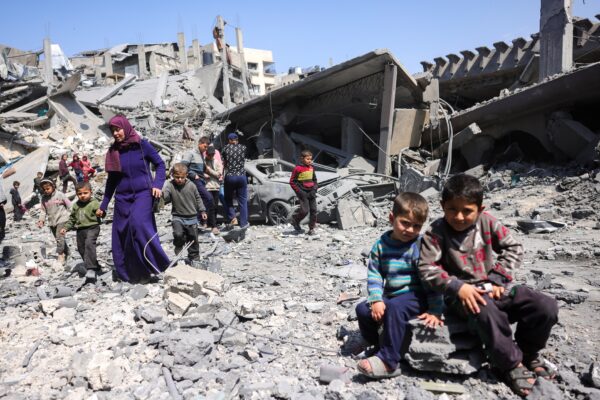
Iran, Israel Ceasefire Holds as Dozens Killed in Gaza
The US-brokered ceasefire between Iran and Israel appears to be holding as of Wednesday, as both sides signalled that their direct military confrontation had ended, at least for now, following 12 days of intense aerial and missile exchanges. Iranian lawmakers voted Wednesday in favour of suspending cooperation with the United Nations’ nuclear watchdog, state TV said, as an Iranian foreign ministry spokesman said Iran’s nuclear facilities had been “badly damaged” by US strikes. Meanwhile, in Gaza, Israeli fire killed over 50. The latest in a string of deadly incidents near aid distribution sites came after the United Nations had condemned the “weaponisation of food” in the Gaza Strip, where a US- and Israeli-backed foundation has largely replaced established humanitarian organisations. Civil defence spokesman Mahmud Bassal told AFP that Israeli fire targeted thousands of civilians waiting for aid in an area of central Gaza where Palestinians have gathered each night in the hope of collecting food rations. He added that the crowd was hit by Israeli “bullets and tank shells”. Iran on Wednesday branded NATO Secretary General Mark Rutte’s gushing note to President Donald Trump on US strikes targeting key nuclear sites as “disgraceful, despicable and irresponsible”. On Tuesday, Rutte hailed in a pre-NATO summit note to Trump what he called his “decisive action” in Iran, days after the United States conducted unprecedented strikes on its nuclear facilities. Rutte said the move “was truly extraordinary and something no one else dared to do. It makes us safer.” Iranian foreign ministry spokesman Esmaeil Baqaei hit back, saying it was “disgraceful, despicable and irresponsible for #NATO’s SG to congratulate a ‘truly extraordinary’ criminal act of aggression against a sovereign State.” Whoever “supports a crime is regarded as complicit,” Baqaei said in a post on X. President Donald Trump on Wednesday likened Washington’s strike on Iran’s nuclear facilities to the US dropping of atomic bombs on the Japanese cities of Hiroshima and Nagasaki to end World War II. “Actually, if you look at Hiroshima, if you look at Nagasaki, you know that ended a war too,” Trump said as he wrapped up NATO’s summit in The Hague. “This ended a war in a different way, but it was so devastating.” The head of Iran’s Revolutionary Guards command centre, Ali Shadmani, died of wounds sustained during Israel’s military strikes on the country, Iranian state media said on Wednesday. The guards’ command centre vowed “harsh revenge” for his killing, state media added. Israel’s armed forces had said on 17 June that it killed Shadmani, who it identified as Iran’s wartime chief of staff and most senior military commander.

